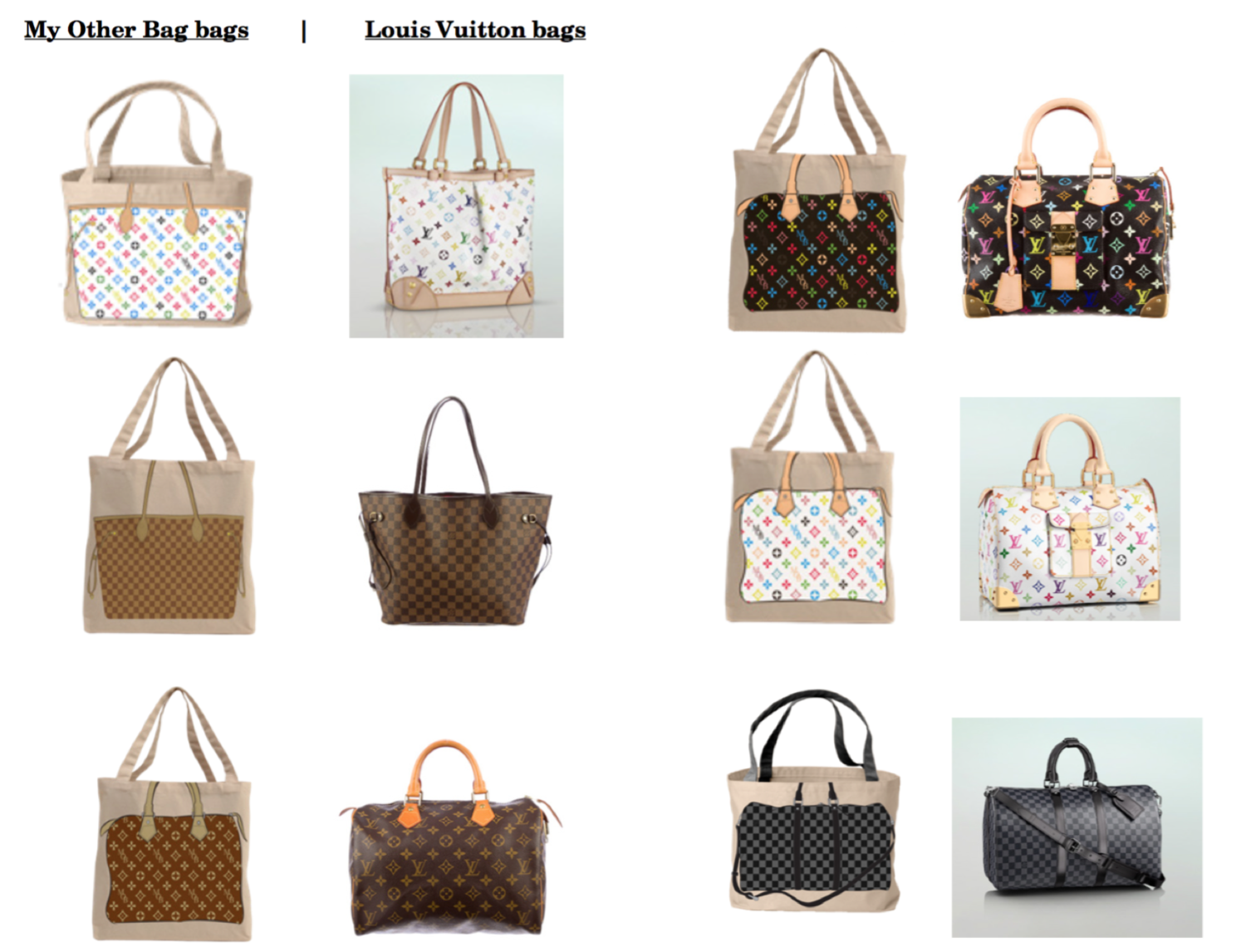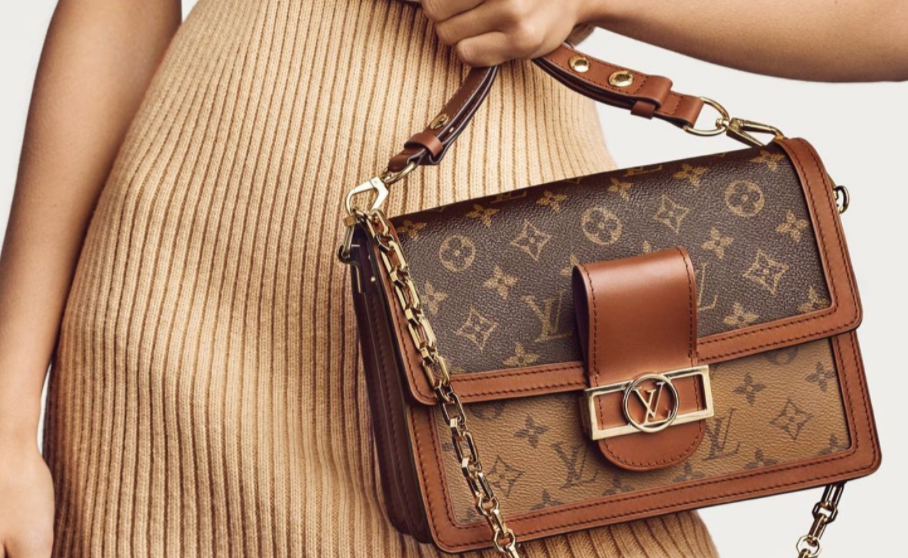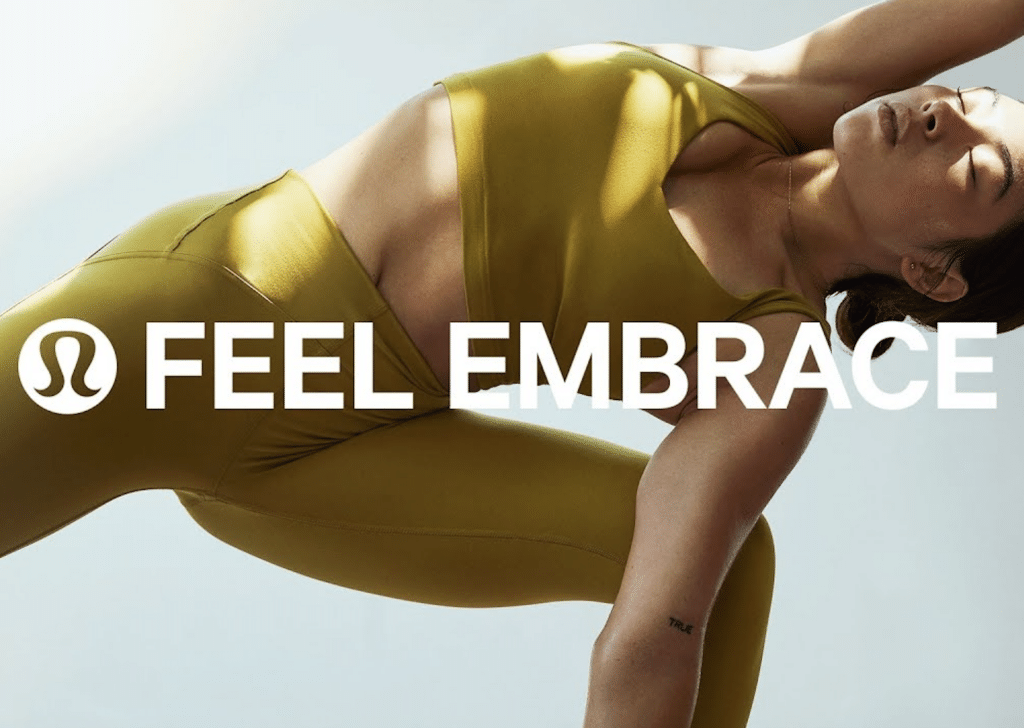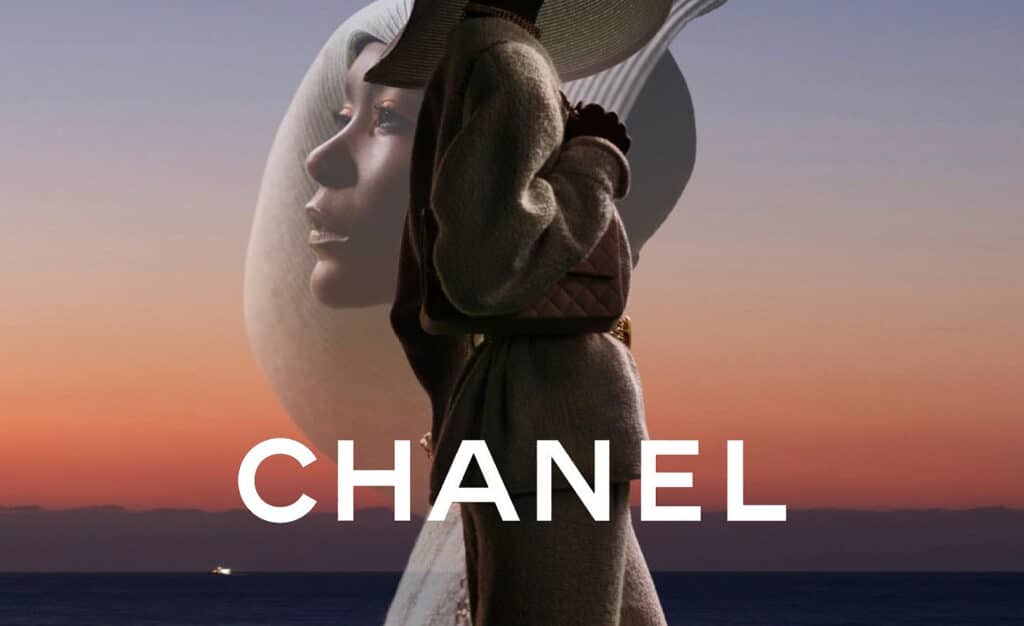Louis Vuitton just landed a nearly $1 million victory in an ugly 4-plus year lawsuit that started in a New York federal court in June 2014 and almost made its way before the Supreme Court. On Friday, the Second Circuit Court of Appeals held that the Paris-based brand is not on the hook for the $802,939.05 in legal bills that defendant My Other Bag incurred over the course of the parties’ litigation. At the center of the legal battle: tote bags.
Louis Vuitton’s recent win, which is likely the last major development in the case, comes on the heels of the brand losing the bulk of the lawsuit it filed against My Other Bag (“MOB”), a small California-based brand, alleging that its $30 designer bag on-a-canvas-bag styles infringe its federally registered trademarks and copyrights, and also dilute the “distinctive quality” of its world-famous trademarks by slapping them on its inexpensive canvas tote bags.
The world’s most valuable luxury brand suffered a string of losses from the outset, with the U.S. District Court for the Southern District of New York and the Second Circuit Court of Appeals both finding that MOB’s bags – which bear cartoon depictions of Louis Vuitton copyright and trademark-protected graphics, along with the words “My Other Bag … “, “obviously” amount to parodies, and thus, are shielded from legal liability.
Of the view that MOB was using Louis Vuitton’s luxury reputation and established appeal to help sell the lookalike totes, counsel for the 165-year old brand argued unsuccessfully that in accordance with Second Circuit case law (Starbucks Corp. v. Wolfe’s Borough Coffee, Inc.), in order for an entity to successfully claim parody, the parody must be specific to its brand – and not speak to luxury brands or luxury consumption, for instance, in general. Louis Vuitton argued that the latter was in play here, with MOB making a general commentary of luxury brands and their bags, and not Louis Vuitton, alone, likely given the fact that MOB boasts an ever-expanding lineup of all different bag-on-a-bags.
After siding with MOB, the Second Circuit court of appeals would go on to decline Louis Vuitton’s request for a hearing en banc. After that, Louis Vuitton – unsettled with the courts’ decisions – sought Supreme Court review of the case, arguing that the Second Circuit’s decision leaves rightsholders “vulnerable to widespread dilution through the production of imitation products marketed under the guise of ‘parody.’”
While the Supreme Court denied the luxury brand’s bid in October 2017, the fight between Louis Vuitton and MOB was hardly over, as the parties were also facing off over the amount of money that Louis Vuitton – as the losing party – would have to pay to MOB to cover the cost of litigating the case.

Having prevailed in the case, MOB filed a motion in January 2016 back where it all started, the Southern District of New York, asserting that it is entitled to attorneys’ fees and other related costs initially amounting to $424,266.94 – and later, upped to $802,939.05 – in accordance with federal copyright and trademark law, the latter of which states that “in exceptional cases,” courts may force the losing plaintiff to foot the bill.
MOB’s counsel argued that “Louis Vuitton’s suit ‘stands out from other cases’” – i.e., is “exceptional” – for a number of reasons, including “the manner in which [it] was litigated.” In particular, MOB asserted that Louis Vuitton – taking “advantage of its huge size and litigation budget to try to grind [an obviously] much smaller company into submission” – “did not file and pursue this lawsuit to win on the merits.” Instead, it did so to send a message to other brands that might want to use its intellectual property. That message: Louis Vuitton will fight back and the result will be expensive, no matter the outcome.
More than that, MOB’s counsel, pointing to a number of cases that Louis Vuitton has “aggressively” litigated in the past, argued that the brand is a bully, a theme it reiterated (and judges openly agreed with) throughout the span of the case. “The bullying tactics on display in this litigation are nothing new for Louis Vuitton,” per MOB. “This company has long been identified as a shameless trademark bully.” With that in mind, MOB argued that forcing Louis Vuitton to pay its nearly $1 million legal bill would serve as a deterrent to “the chilling impact of Louis Vuitton’s litigation strategy.”
Louis Vuitton responded to such claims by asserting that it is not a “trademark bully,” but a fierce protector of its wildly valuable intellectual property. The brand’s counsel argued, “If this court were to find that Louis Vuitton’s attempt to prevent the use of its intellectual property by others renders this case ‘exceptional,’ trademark owners will have to choose between defending their marks (and risking punitive attorney’s fee awards) or allowing infringers and diluters to diminish or deplete altogether the value of the marks.”
That was a compelling argument in the eyes of U.S. District Court Judge Jesse Furman, who sided with Louis Vuitton in January 2018, declining to award fees and costs to MOB on the basis that “Louis Vuitton’s [claims in the case] were not so objectively unreasonable (as either a legal or factual matter).” The judge further stated that “MOB’s ability to cite a few isolated examples of arguable overreach” by Vuitton “does not provide a statistically significant basis to conclude that Louis Vuitton has engaged in litigation abuse on a systemic level.”
On the heels of that loss, MOB’s counsel said the brand would likely appeal the attorneys’ fees decision, and that is just what they did in late January 2018, seeking a review by Second Circuit.
Fast forward to this past week and the appeals court’s 3-judge panel handed MOB a loss, upholding the lower court’s decision, and stating, “We find no abuse of discretion in the district court’s analysis and its decision not to award fees under the Lanham Act,” which is the federal statute that governs trademark law in the U.S., and the Copyright Act.
And with that, this case – which was particularly interesting from a court of public opinion perspective, one that seemed to very strongly side with MOB in light of the drastic difference in the size of the parties at play and given Louis Vuitton’s history of aggressively policing unauthorized uses of its intellectual property rights – appears to have run its course. But only just in time to gear up for a new parody battle, the one that MGA Entertainment filed against it in December. That case is underway in federal court in California.











